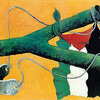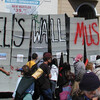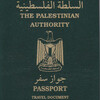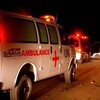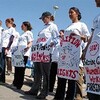
Israeli forces kill 5 Palestinians and injures 9 others
21 March 2004
On Sunday morning, 21 March 2004, Israeli occupying forces killed 5 Palestinians, including a man and his wife, injured 9 others and destroyed 5 houses in ‘Abasan village, east of Khan Yunis. Israeli occupying forces moved into the village to arrest one of the victims, who was allegedly wanted. They used excessive force against civilian residential areas. Silence from the international community encourages Israel to commit further breaches of international humanitarian law. Collective punishment is a breach of international humanitarian law. The international community should intervene to halt these violations. Read more about Israeli forces kill 5 Palestinians and injures 9 others
